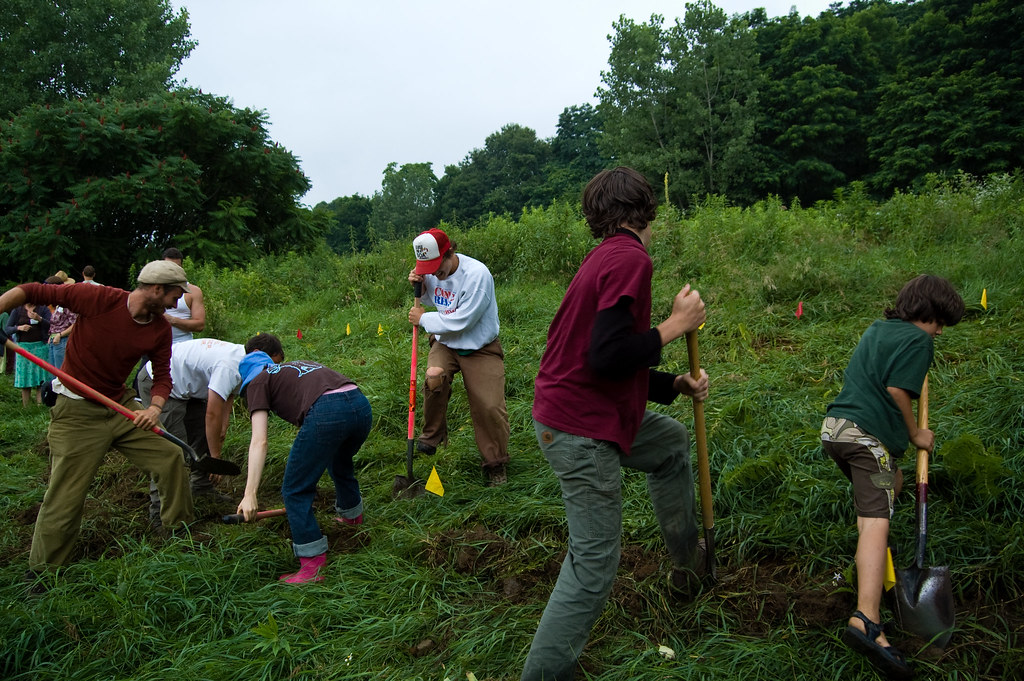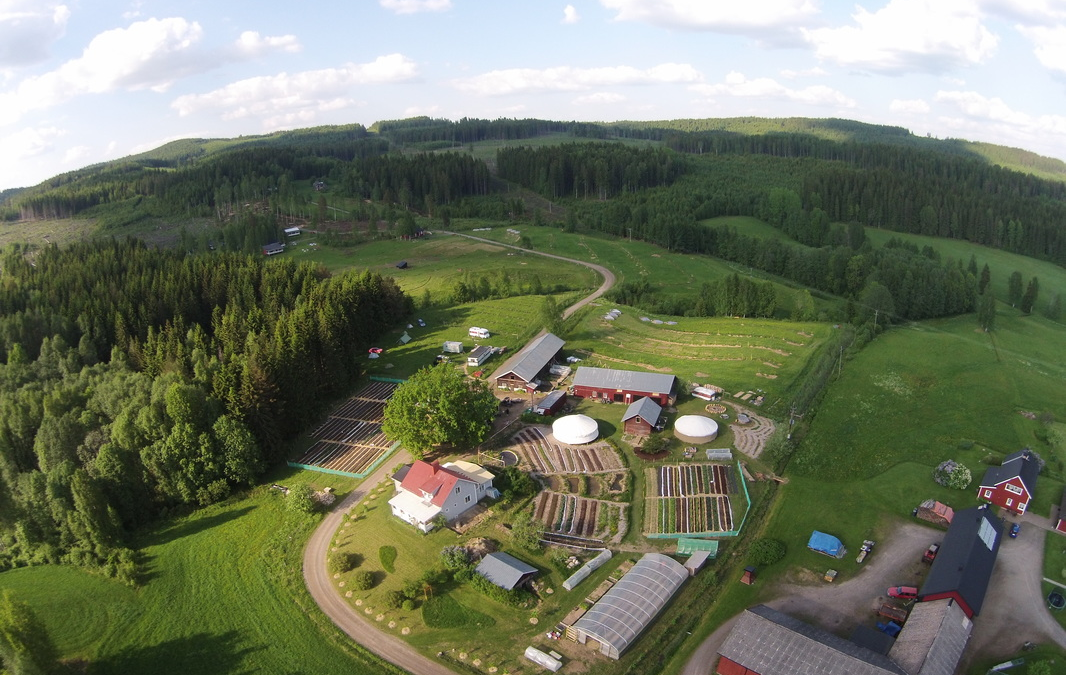
The Resilient Communities Project
a permanent commons for living sustainably on the land within a regenerative economic system

consists of an experienced organizing team, multiple Pacific Northwest landholders with from 2 to 120 acres, and an initial formative group of prospective community members.

offers a novel framework for small groups (perhaps 5-15 adults) to cooperatively acquire permanent land and housing subject to sound agreements for the good of all. This framework largely frees them from the extractive economy: by greatly reducing exorbitant living costs they can invest the surplus into growing a more sustainable and equitable alternative economic system.

Instead of paying rent or a mortgage, members make affordable monthly equity-share payments along with a specified share of operating costs. Mechanisms can be created to provide for “sweat equity” or valuation of material contributions.
Individuals, couples, and families, whether or not they have capital, establish a network of multi-generational communities by helping to create one or joining an established one. They adopt a cooperative land tenure model with processes to achieve a good fit among members.

By greatly reducing exorbitant living costs, they can invest the surplus into growing a more sustainable and equitable alternative economic system. An RC community:
If members’ savings are kept in a community fund, they could invest their collective capital in developing the community and financing community enterprises. With provisions for ongoing funding, long-term care in old age or disability could be included in the land trust charter and/or housing co-op bylaws.
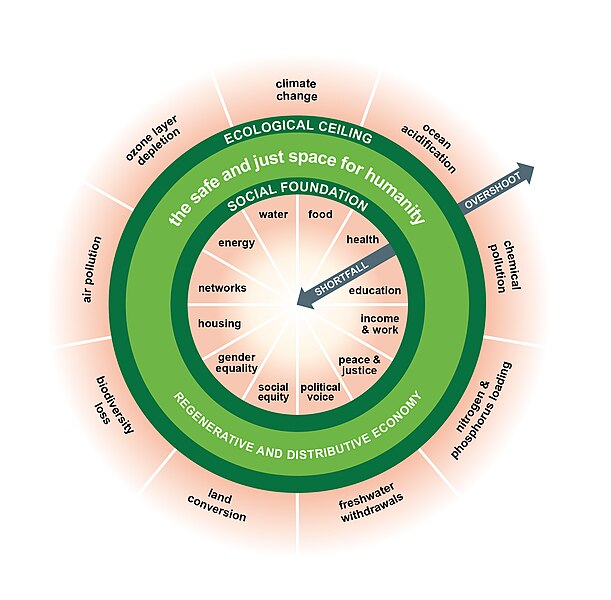
Many have floundered or failed at “intentional community” for a variety of reasons, including the fact that interpersonal relationships can be incredibly complex and challenging. What is required, then, for success? One ubiquitous failure of organizations, institutions, and communities is that they have lost the ability to learn from their mistakes so as to actually fix them. The Resilient Communities Project instead builds the ability to always learn from our failures as well as our successes into everything we do. If we always remember that however much we know, it is not that much in the big scheme of things, never complete, and sometimes wrong, we can leave our egos at the gate and grow together in humility. Some of the principles and values guiding us are:
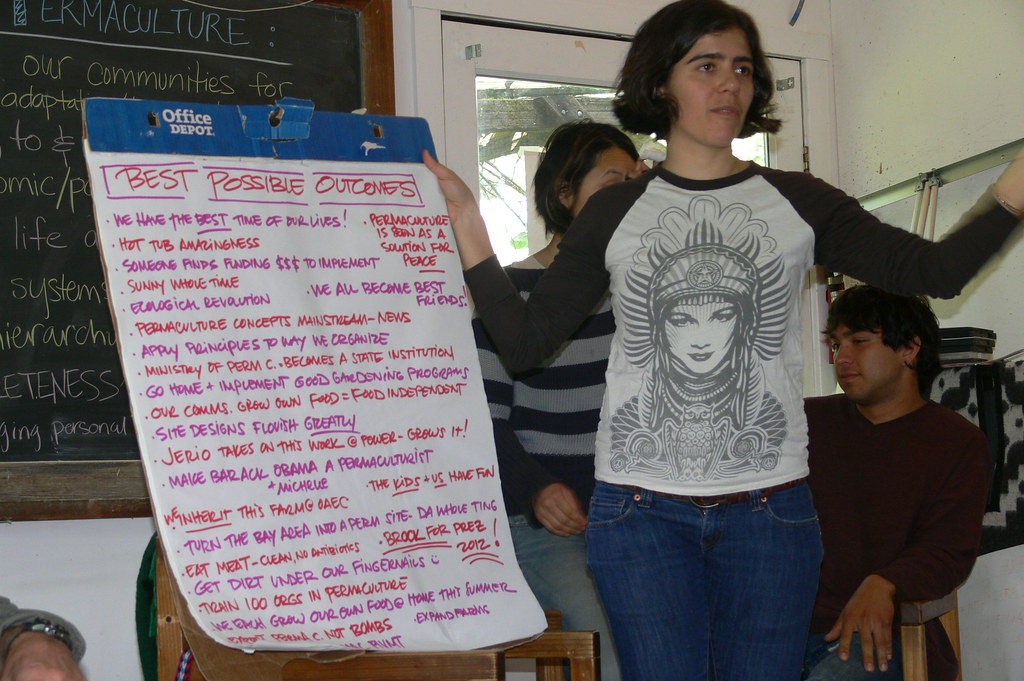
Many know that our fossil-fuel-powered way of life is destroying the social, economic, and environmental conditions we depend upon for our survival. But fewer know that, despite high hopes, renewable energy technologies cannot and will not save us because there is neither sufficient time nor available resources.
The only feasible way, then, to achieve a livable future for all is for the industrialized world to steadily reduce our energy use to well below current levels. This will require permaculture practices and appropriate technologies to enable a simplified way of life and most of us will sooner or later have to move back to and live off the land. Fortunately, rural life is ultimately healthier and happier than city life and that is where most of us will end up anyway. Some have already made the move; more and more of us need to.
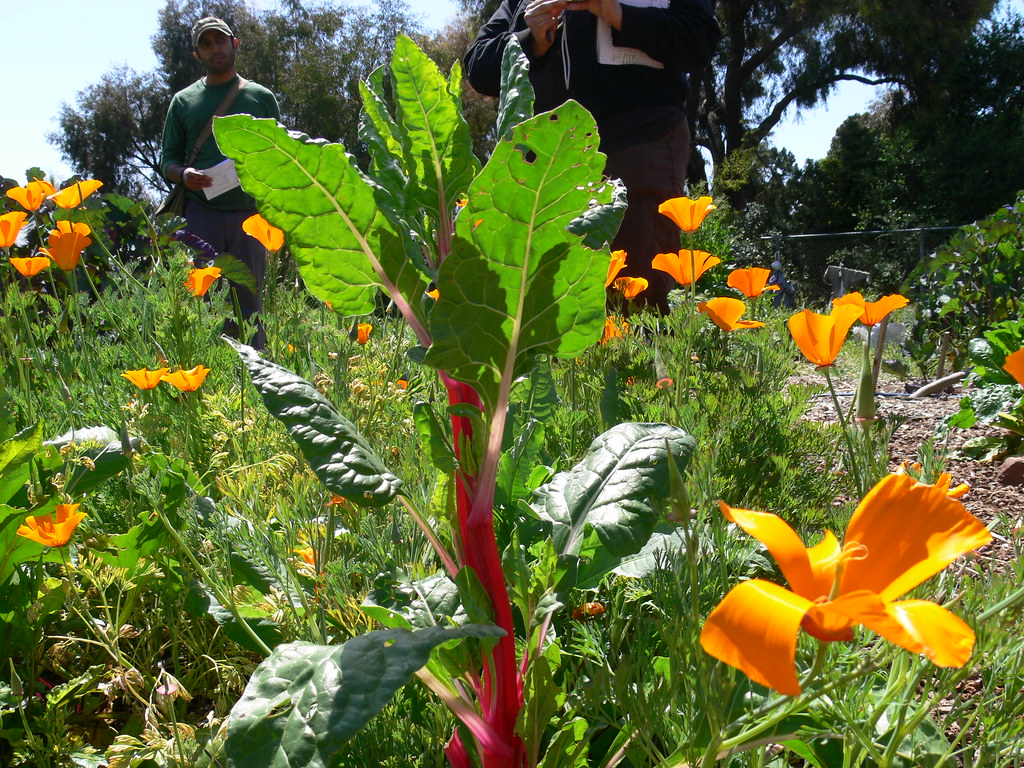
establish a permanent commons as a basis for living sustainably on the land within a regenerative economic system. If members are part of the initial core team they can help develop a binding land-use charter that will define how the land is to be fairly allocated and stewarded for regenerative purposes. They can also help elect or even possibly serve on the board.

will typically be composed of clustered housing that meets zoning rules while providing desired privacy. The housing co-op’s membership bylaws are crafted to help prevent, manage, or resolve interpersonal problems or conflicts through initial vetting, communication training, mediation, etc. As part of an initial core team members can help develop the bylaws specifying community rules and member selection policies. If through fair procedures anyone’s membership is terminated for serious violations of the housing co-op bylaws or land trust charter, their equity would be returned minus any mediation, arbitration, or other properly deductible costs.
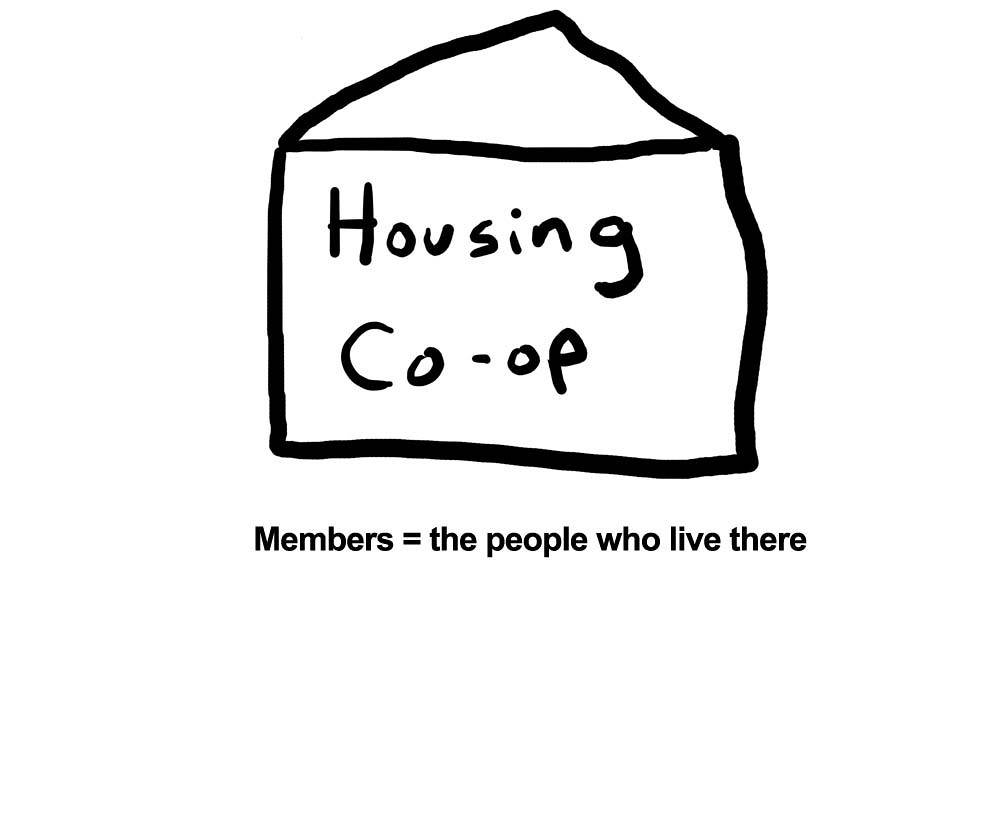
Resilient Communities will require a diverse membership with a variety of resources, experience, and skills:
